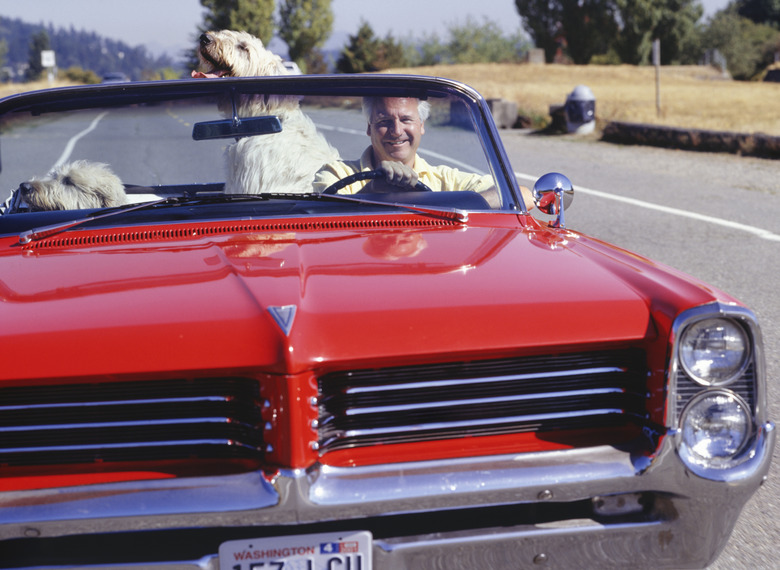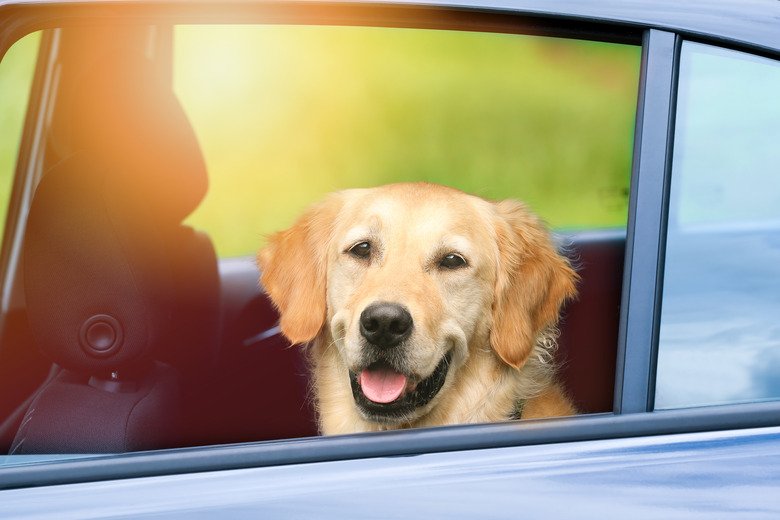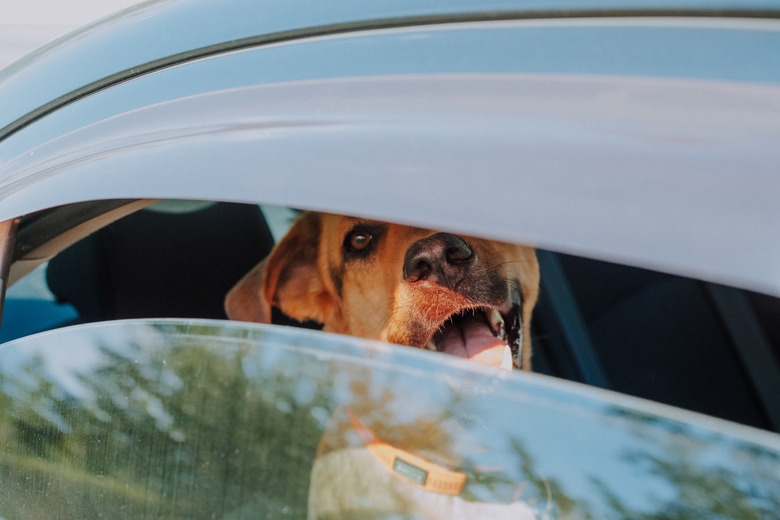Side Effects For Cerenia In Dogs
If your dog suffers from motion sickness during car rides, maropitant citrate, marketed under the brand name Cerenia, can prevent the nausea and subsequent vomiting. Cerenia is available in a tablet and also comes in an injectable form to treat acute vomiting. Your veterinarian might also prescribe the medication for other types of vomiting and may give an injection of Cerenia to your dog prior to surgery to prevent nausea and vomiting. Cerenia also helps with the vomiting and nausea associated with some chemotherapy treatments.
The dose for motion sickness is given once daily for up to two days, and dogs should not eat for one hour prior to receiving the drug. Cerenia for dogs can have side effects, but you and your veterinarian can decide together if they outweigh the anti-vomiting benefits.
Signs of canine motion sickness
Signs of canine motion sickness
While some dogs can't wait to hit the road, not every dog loves to go for car rides. As with humans, some canines can actually suffer from motion sickness and become ill when in a vehicle. Symptoms that will help an owner recognize that their pooch is experiencing motion sickness include nausea, excessive drooling, and vomiting.
Other signs of motion sickness may be things like yawning, whining, a loss of appetite, and even diarrhea. Unfortunately for frequent fliers, motion sickness symptoms may be present not only when driving but also when traveling by plane (and even during boat rides). Fortunately for most dogs, the symptoms will stop once a trip has ended.
What causes motion sickness in dogs?
What causes motion sickness in dogs?
Just like in humans, motion sickness in dogs is caused by the stimulation of the inner ear, which affects the sense of balance and can lead to a feeling of nauseousness. Interestingly, motion sickness can be more common in puppies because the part of their inner ear related to balance has not fully developed. Motion sickness symptoms may also be present if your dog develops a fear of vehicles (because they associate it with going to the veterinarian, for example), in which case they may become stressed and anxious and may experience nausea even when the car is not moving.
Luckily, there are some things owners can do to help alleviate motion sickness symptoms. Consider keeping a car window open a few inches to equalize air pressure, get a special toy that your pet can only have in the car so they associate rides with something pleasurable, ensure your dog is secure, and restrict food before going on car rides.
Side effects of Cerenia in dogs
Side effects of Cerenia in dogs
Cerenia is generally well tolerated by dogs, with few side effects. Side effects can include hypersalivation (excessive drooling), nausea, vomiting, and diarrhea. Additional side effects to look out for may be things like changes in behavior (such as lethargy), a lack of coordination, and convulsions. Talk to your veterinarian if these symptoms occur.
Dogs can also have allergic reactions to Cerenia. If your pet experiences swelling around the face or neck, has hives, or has difficulty breathing, seek emergency veterinary medical care immediately. Some dogs might eat less while on the medication, but they will usually regain their appetite once they go off the drug.
Precautions and contraindications for Cerenia
Precautions and contraindications for Cerenia
Dogs under the age of 4 months should not receive Cerenia. Pregnant or lactating dogs should not receive the drug. Cerenia for dogs is contraindicated in canines with liver dysfunction. It should not be given in cases where a foreign body obstruction or toxin is suspected, and if vomiting continues after Cerenia has been given, consult a veterinarian immediately.
Tell your veterinarian about all the medications and supplements your dog receives. Drug interactions with Cerenia may occur when given with certain non-steroidal anti-inflammatory drugs, some types of anti-fungal medications, or with some medications for seizure prevention. It's also important to note that people should wash their hands after handling Cerenia tablets, as contact can cause localized skin reactions in some individuals.


